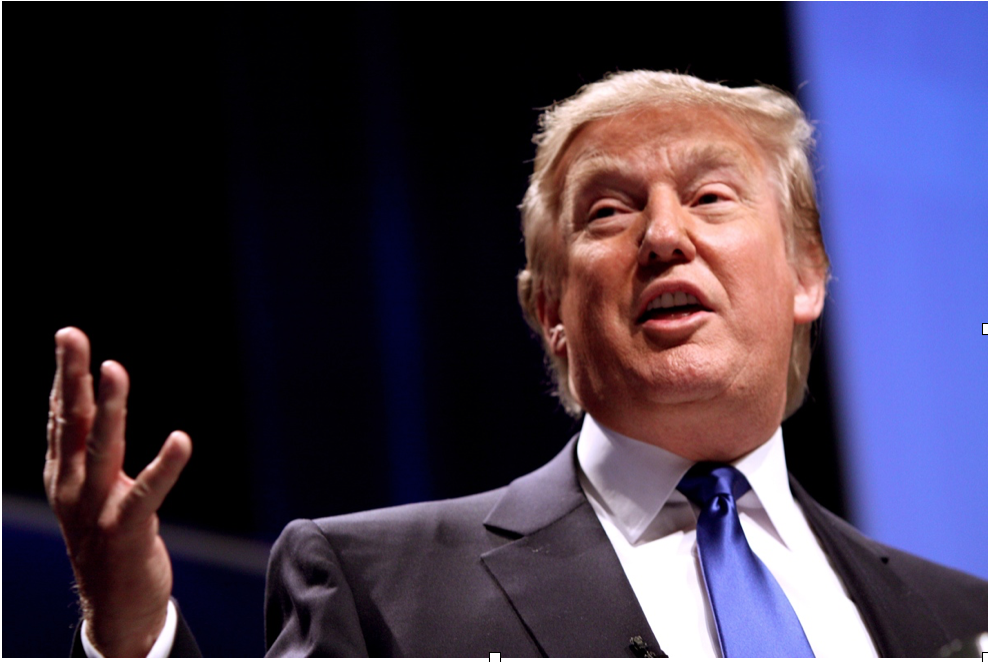Back on July 26 2017, U.S. President Donald Trump first announced his plans of reinstating a ban on transgender individuals from serving in the armed forces.
In a series of tweets, Trump revealed his rationale behind the ban on twitter.
“After consultation with my Generals and military experts, please be advised that the United States Government will not accept or allow Transgender individuals to serve in any capacity in the U.S. Military. Our military must be focused on decisive and overwhelming victory and cannot be burdened with the tremendous medical costs and disruption that transgender in the military would entail. Thank you”
The United States was founded on the principles of justice and freedom. However, Trump’s ban on transgender troops joining the military is nothing shy of outright discrimination.
In the words of Trump, allowing transgender troops to join the military is a disruption and a burden that entails tremendous medical costs.—Is that a message the U.S. President really wants to send to the 149,800 brave and highly respected retired and active transgender troops?
In a 2014 study by the Williams Institute, University of California School of Law, it is estimated that 15,500 individuals that identify as transgender were currently serving in the U.S. military at the time of this tweet. Whereas 134,300 transgender individuals are veterans.
In other words, that’s 134,300 brave individuals that fought and continue to fight for their country. Their courageousness should not be hindered by Trump’s rationale that transgender troops are a “burden” and a “disruption” to the U.S. military.
Serving in the military is recognized as a highly respected act of bravery and courageousness in every nation, and Trump’s ban is an insult to the Americans soldiers that fight for their country.
In an analysis by RAND Corp, the cost of care for transgender people in the military only adds $8.4 million to the total medical costs of active duty members. This is but a fraction of the total budget of $598.5 billion that the U.S. spent on its Armed Forces in 2015.
Trump had formally signed a presidential memo that directs the secretaries of defense and homeland security to implement a new policy by February 21, 2018.
However, various federal judges have blocked Trump’s ban either fully or in part.
AUGUST- The American Civil Liberties Union filed a lawsuit challenging the Trump administration’s transgender service member ban. The suit was filed in federal court in Maryland on behalf of six active-duty military members, who argue that the ban is unconstitutional and discriminatory.
OCTOBER-Judge Colleen Kollar-Kotelly of the Federal District Court for the District of Columbia found that the ban was unconstitutional, and that the military’s current policy should remain in place. The judge wrote a strongly worded 76-page ruling that there is no support for the claim that the admission of transgender people would have any negative effects on the military.
NOVEMBER-U.S. District Judge Marvin J. Garbis, blocked Trump’s order in full, finding it to be an attempt to discriminate against American troops due to their gender identification.
DECEMBER-The latest ruling came from U.S. District Judge Jesus Bernal in Los Angeles. He issued the fourth nationwide preliminary injunction halting Trump’s ban. Judge Jesus Bernal ruled the ban was discriminatory and unlawful.
It seems the United States has been in crisis since 2016, but this issue will become a defining moment in the Trump Administration’s term. Issues of constitutional authority can become the groundwork of change, but which way will our southern neighbours turn?

